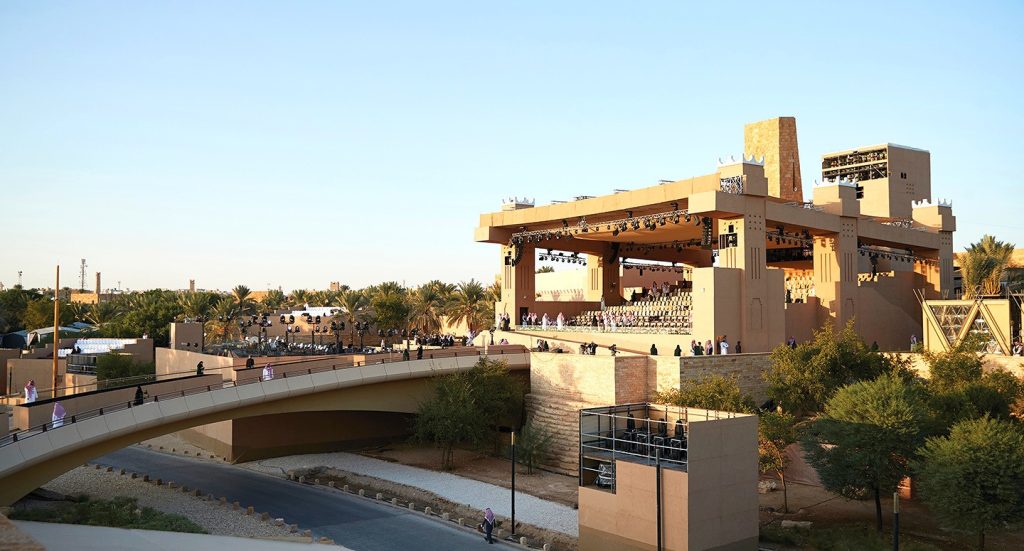Key Responsibilities Of An Event Agency In Corporate Events

An event agency plays a crucial role in planning and executing successful corporate events. They are responsible for turning ideas into reality and ensuring that every aspect of the event is seamless, from start to finish.
Here are some key responsibilities that an event agency takes on when organizing corporate events:
1. Event Conceptualization and Planning
The first step in organizing any successful event is developing the concept. An event agency works closely with their clients to understand their needs, objectives and brand identity in order to come up with a unique and creative event idea that aligns with their vision.
Once the concept is finalized, the agency then begins planning all aspects of the event including venue selection, budget management, timeline creation, and vendor coordination. They also take into consideration any special requests or requirements from the client and ensure that they are incorporated into the overall event plan.
2. Supplier Management
Event agencies have established relationships with various suppliers such as caterers, decorators, audio-visual technicians and equipment providers. They leverage these connections to secure the best deals for their clients while ensuring high-quality services.
The agency also manages all communication and coordination with suppliers, including negotiating contracts, managing payments, and overseeing their work to ensure everything runs smoothly.
3. Marketing and Promotion
Promotion is key in making an event a success and attracting the desired audience. This is where an event agency’s marketing expertise comes into play.
They create tailored marketing strategies to reach the target audience through various channels such as social media, email marketing, and traditional advertising. They also handle the design and distribution of promotional materials such as flyers, posters, and invitations.
4. Event Execution
On the day of the event, an event agency is responsible for coordinating all logistics and ensuring that everything runs according to plan. This includes managing set-up and breakdown of equipment, overseeing vendors and staff, and handling any last-minute changes or issues.
They also manage the flow of the event, ensuring that all activities are executed smoothly and on schedule. This allows the client to relax and enjoy their own event without worrying about any behind-the-scenes details.
5. Post-Event Analysis
After the event is over, an event agency conducts a thorough analysis to evaluate its success and gather feedback from attendees. This allows them to identify any areas for improvement and make adjustments for future events.
They also prepare detailed reports for the client, outlining the event’s success metrics such as attendance, social media engagement, and ROI. This provides valuable insights for the client to measure the effectiveness of their event and make informed decisions for future events.




